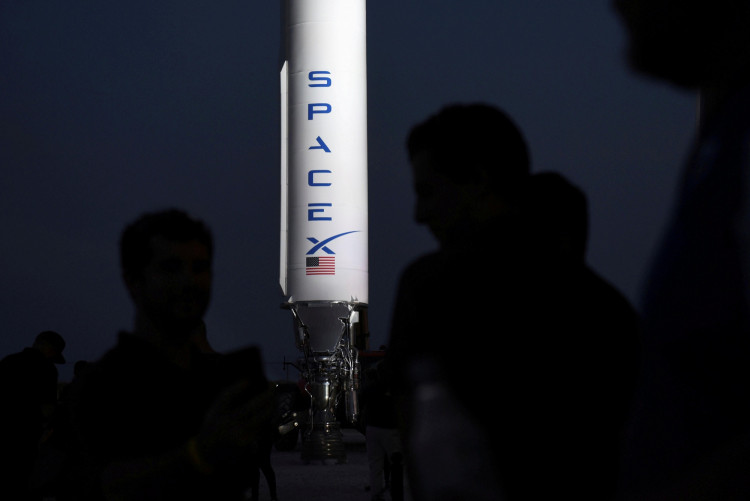Just seconds before SpaceX's latest rocket was set to take off on Sunday, the launch was halted after safety systems detected possible engine issues. The company's Falcon 9 rocket was meant to transport 60 Starlink internet satellites into orbit during Sunday's launch at NASA's Kennedy Space Center in Florida.
During the launch, the countdown actually reached zero and launch control uttered the iconic "ignition and liftoff" updates. However, onlookers were surprised after nothing had happened. A few seconds later, launch control announced that the launch was aborted.
According to SpaceX, the launch was aborted automatically by its computers after it detected abnormal readings. The safety system apparently checks various subsystems within the rocket and makes millions of calculations before allowing the engines to fire. When it detects that something is off, it has the ability to automatically disable the rocket's engines.
SpaceX supervisor, Michael Andrews, mentioned after the live streaming of Sunday's launch that the rocket was in good health and the team is currently working on determining the actual data that triggered the automatic abort. He added that they will be standing down for now and the company should announce the next launch date once they have completed their assessment of the failed launch.
For SpaceX, aborted launches are nothing new. The company apparently welcomes these types of failed launches as opposed to its rockets successfully lifting off and failing while in mid-air. Previous aborted launches later go on to be completely successful missions after issues are resolved.
Sunday's mission would have added the 60 satellites to the company's growing Starlink constellation, which now has more than 300 satellites already in orbit. Over the past few months, the company has been delivering its satellites into space at an unprecedented rate to achieve Elon Musk's goal of providing the world with cheap and reliable high-speed broadband internet. Musk's Starlink project will be able to send and receive internet signals to even the most remote areas in the world using thousands of tiny satellites.
Musk previously stated that he hopes to have the service up and running by the first half of this year. The CEO plans to first offer the service to the United States and Canada before making it available to the rest of the world in the coming years.
While Musk does have good intentions for the project, it has nevertheless garnered some criticism. Some experts have pointed out that SpaceX's thousands of satellites, along with other constellations proposed by companies such as Amazon, could result in in-orbit collisions and massive orbital congestion.






